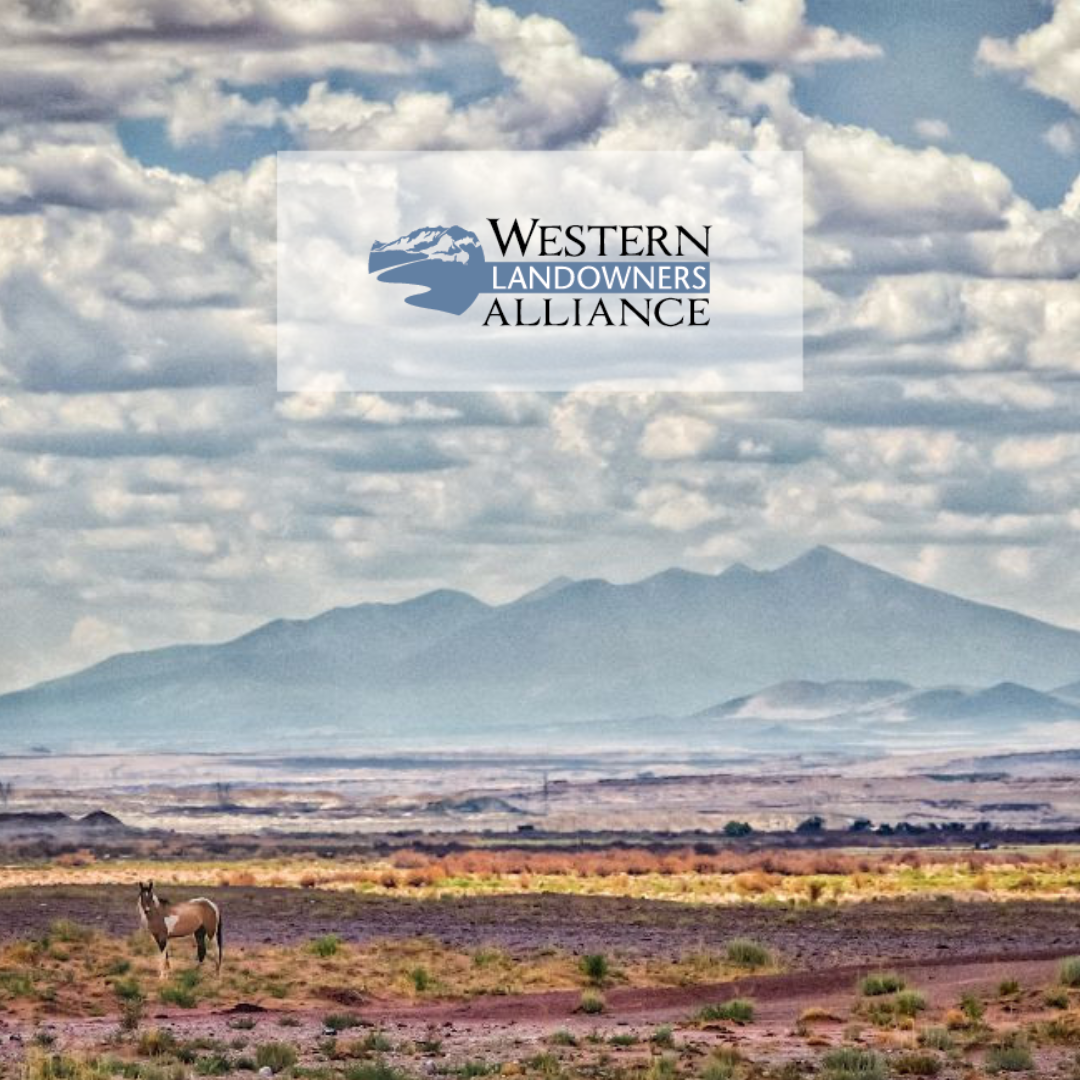USDA Announces Additional Support for Small and Midsized Farmers and Ranchers
| Second major small farmer package this year includes research awards, technical assistance and marketing support | |||
| WASHINGTON, April 29, 2014 – Today, USDA Secretary Tom Vilsack announced additional support and resources for America’s small and midsized farmers and ranchers. Today’s announcement includes $7 million in university research awards in support of small and midsized producers; $8.8 million in technical assistance for small, socially-disadvantaged producers and Rural Cooperative Centers; and a marketing certification program for small and very small grass-fed beef producers. This is the second major USDA package this year in support of small and midsized producers. The first package included efforts to increase access to capital, provide better risk management tools, expand marketing opportunities, and offer food safety training and educational resources specific to America’s small and midsize producers. Today’s announcement builds on these efforts.
“Small and midsized producers are a vital part of America’s agricultural future, and we are dedicated to ensuring their success,” said Secretary Tom Vilsack. “The programs and opportunities announced today are part of our ongoing commitment to ensure that smaller farmers and ranchers get access to the resources they need to thrive. USDA is continually reviewing our resources, programs and policies to make sure we are working for producers of all sizes.” More information about USDA tools and resources available to small and mid-sized farmers, including information about today’s announcement, is available on USDA’s Small and Mid-Sized Farmer Resources webpage. Efforts announced by the Secretary today include: $7 million in grant awards to 10 universities to develop programs that will assist small and medium-sized farmers grow their operations, enhance their production and become economically viable. These awards, made by USDA’s National Institute of Food and Agriculture (NIFA) Agriculture and Food Research Initiative (AFRI) Small and Medium-Sized Farms program, focus on developing models to assist small farmers in their decision making with respect to management strategies, new technologies, sustainability, competitiveness and viability. These awards prioritize strategies enhancing access to markets, developing local and regional food systems, assessing the impact of economic changes to new and beginning farmers, and conducting outreach activities which can inform relevant public policy to enhance small farmers’ well-being. For example, the University of Illinois received $495,000 to research risk mitigation participation strategies for small and midsized producers in the advanced biofuel industry, while Oklahoma State University was awarded $484,000 to research economic development opportunities for small and mid-sized farms in the local and regional food system. Clarkson University in New York received $499,000 to study anaerobic digesters for small farms and University of Vermont was awarded $499,662 to research how to improve the quality of labor management decisions for small and medium-sized farm operators. A full list of awardees and their projects is available on the NIFA website. $8.8 million for technical assistance funding opportunities for small, socially-disadvantaged producers and Rural Cooperative Centers. In support of rebuilding America’s rural economy, USDA’s Rural Development Agency is making funding available to small and socially disadvantaged farmers and ranchers as well as Rural Cooperative Centers. The Small, Socially Disadvantaged Producer Grant program (SSDPG) will make $3 million available to provide technical assistance to small, socially-disadvantaged agricultural producers through eligible cooperatives and cooperative development centers. Awardees will be able to conduct market research, product and/or service improvement, feasibility studies, training, and implement business plans. Applications are being accepted through June 30, 2014. More information about how to apply is on the Rural Development website. The Rural Cooperative Development Grant Program (RCDG) will make up to $5.8 million available to Rural Cooperative Development Centers, which in turn, provide technical assistance to individuals and entities improving the economic condition of rural areas by supporting start-up, expansion or operational improvement of rural cooperatives and other business entities. Cooperatives have often been the mechanism used by small and midsized producers to work together to access new markets or market value added products. Information about how to apply is on the Rural Development website. In 2013, business and cooperative funding through Rural Development helped 17,773 rural businesses, including 4,200 farmers and 4,472 small businesses. These investments created or saved over 41,600 jobs. Under the 2014 Farm Bill USDA will be creating an Interagency Working Group to improve coordination of programs and services between federal agencies and national and local cooperatives through the RCDG program. USDA Certification for Small and Very Small Producers of grass-fed beef.Administered by USDA’s Agricultural Marketing Service (AMS), this new verification program is tailored to meet the needs of small-scale livestock producers and the growing grass-fed beef industry. It allows small and very small-scale producers to certify that their animals meet the requirements of the grass-fed marketing claim standard, helping them differentiate themselves and communicate value to their customers. As part of USDA-wide efforts to create more opportunities for small-scale livestock producers, AMS is targeting producers that market 49 cattle or less each year by designing a less costly application process for these producers to use the USDA Certified Grass-Fed claim. Producers who are certified under the new program will receive certificates that allow them to market cattle to slaughter facilities as USDA certified grass-fed, increasing their market value and creating new economic opportunities throughout the supply chain.
|
Join WLA to stay up to date on the most important news and policy for land stewards.
Become a member for free today and we will send you the news and policy developments critical to the economic and ecological health of working lands.
WLA works on behalf of landowners and practitioners throughout the West. We will never share your contact information with anyone.
©2026 Western Landowners Alliance • PO BOX 27798, Denver, CO 80227 • 505.466.1495
Western Landowners Alliance is a 501 (c)(3) non-profit recognized by the IRS.
Tax ID: 46-1346488
